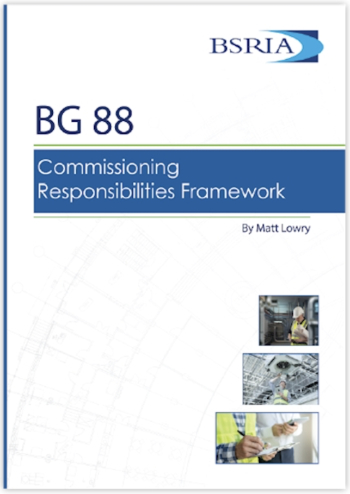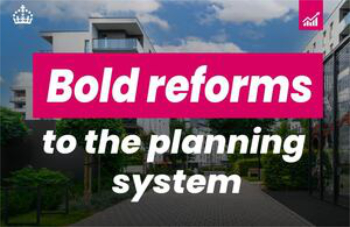Section 13 notice
Contents |
[edit] Introduction
A notice under Section 13 of the Housing Act 1988 allows landlords to increase the rent on a property under certain conditions.
[edit] Increasing popularity of assured shorthold tenancies
The Housing Act of 1988 set out the rules that apply to assured tenancies (ATs) and assured shorthold tenancies (ASTs). These are the types of residential tenancy agreements used by most private landlords and housing associations.
Before February 1997, ATs were a fairly common type of tenancy, but ASTs have become more popular, as they provide landlords with greater leeway on matters such as raising rent after the fixed term of the tenancy agreement has expired and reasonable notice has been given.
[edit] Specifics of a Section 13 notice
A Section 13 notice must be given by the landlord to the tenant in order to raise the rent after the initial fixed period has expired and a statutory periodic tenancy occurs. This happens when an AST comes to the end of its fixed term and the tenant stays at the property without renewing the contract.
A Section 13 notice can only be served once every 12 months and it cannot be used to increase the rent during the fixed term of a tenancy.
To use Section 13, the landlord must complete Form 4 and serve it to the tenant either by first class post, hand delivery or a process server (unless other arrangements in the contract have been made to prevent this).
Under some instances, landlords can serve a Section 21 eviction notice and a Section 13 notice simultaneously.
[edit] Tenant responses to Section 13
A tenant can challenge the Section 13 notice but must take action before the new rate of rent is scheduled to come into effect. The challenge must be referred to the First Tier Tribunal (also known as the Property Chamber) - the official body that processes property and land disagreements.
It is the responsibility of the First Tier Tribunal to review the tenant’s case and evaluate whether or not the disputed rental rate and terms would be considered reasonable if they were presented to other potential tenants on the open market. Once the evidence has been considered, the First Tier Tribunal can rule one of three ways: to keep the rent unchanged, to raise the rent by a different amount or to decrease the rent.
[edit] Related articles on Designing Buildings Wiki
- Assured shorthold tenancy.
- Difference between assured shorthold tenancy and assured tenancy.
- How to evict a tenant.
- Landlord.
- Landlord and Tenant Act.
- Lease Negotiations - Tenants Checklist.
- Property Chamber First tier Tribunal FTT.
- Rent.
- Section 8 notice.
- Section 21 notice.
- Tenant.
[edit] External resources
Featured articles and news
Commissioning Responsibilities Framework BG 88/2025
BSRIA guidance on establishing clear roles and responsibilities for commissioning tasks.
An architectural movement to love or hate.
Don’t take British stone for granted
It won’t survive on supplying the heritage sector alone.
The remarkable story of a Highland architect.
The Constructing Excellence Value Toolkit
Driving value-based decision making in construction.
Meet CIOB event in Northern Ireland
Inspiring the next generation of construction talent.
Reasons for using MVHR systems
6 reasons for a whole-house approach to ventilation.
Supplementary Planning Documents, a reminder
As used by the City of London to introduce a Retrofit first policy.
The what, how, why and when of deposit return schemes
Circular economy steps for plastic bottles and cans in England and Northern Ireland draws.
Join forces and share Building Safety knowledge in 2025
Why and how to contribute to the Building Safety Wiki.
Reporting on Payment Practices and Performance Regs
Approved amendment coming into effect 1 March 2025.
A new CIOB TIS on discharging CDM 2015 duties
Practical steps that can be undertaken in the Management of Contractors to discharge the relevant CDM 2015 duties.
Planning for homes by transport hubs
Next steps for infrastructure following the updated NPPF.
Access, history and Ty unnos.
The world’s first publicly funded civic park.
Exploring permitted development rights for change of use
Discussing lesser known classes M, N, P, PA and L.
CIOB Art of Building photo contest 2024 winners
Fresco School by Roman Robroek and Once Upon a Pass by Liam Man.























